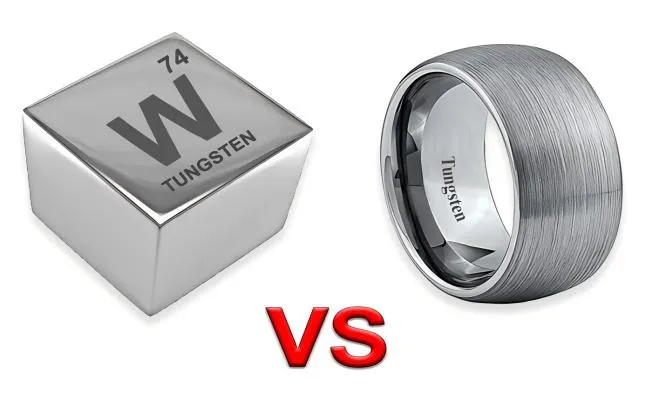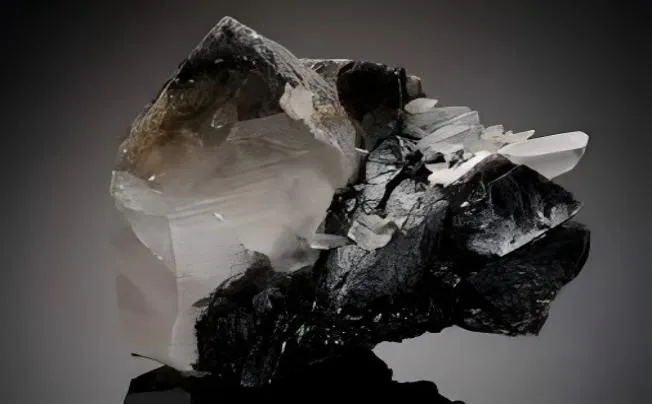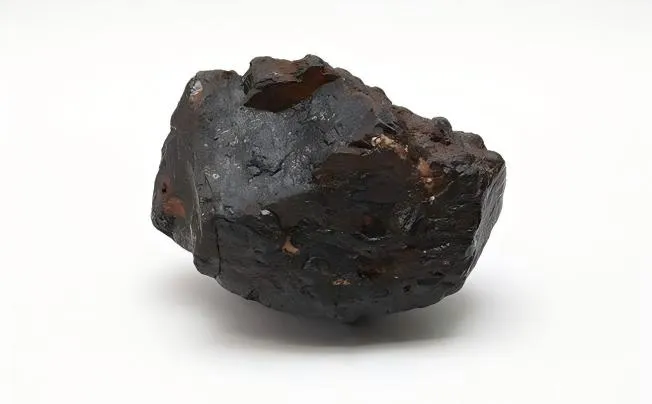Iron ore, a fundamental mineral resource, is the bedrock of industrial production and global trade. As one of the most essential commodities, it serves as a primary raw material for steel manufacturing.
The World's Largest Exporter of Iron Ore
Brazil is the Leading Exporter of Iron Ore
Brazil has secured its position as the leading exporter of iron ore on a global scale, commanding a significant market share due to its abundant natural resources and strategic geographical advantages. The country's vast reserves of high-quality iron ore deposits, particularly in regions such as the Carajás mine in the Amazon rainforest, have propelled Brazil to the forefront of the iron ore export industry. With a strong emphasis on efficient extraction and processing methods, Brazil has consistently met international demand for iron ore and maintained its competitive edge in the market.
Geographical and Geological Factors Contributing to Brazil's Dominance in Iron Ore Exports
Brazil's geological landscape plays a crucial role in sustaining its dominance as an iron ore exporter. The country possesses diverse mineral-rich terrains, including extensive iron ore deposits found in Minas Gerais and Para states. These regions are characterized by favorable geological formations that harbor vast reserves of hematite and magnetite ores, which are highly sought after by steelmakers worldwide for their quality and purity. Additionally, Brazil's tropical climate supports year-round mining operations, ensuring a consistent supply of iron ore to meet global demand.
Infrastructure Supporting Brazil's Iron Ore Export Industry
The infrastructure supporting Brazil's iron ore export industry is robust and extensive, designed to efficiently transport large quantities of ore from mines to ports for shipment overseas. The country has a well-established network of ports along its coastline that are equipped with modern facilities for loading and unloading bulk carriers carrying iron ore.
Furthermore, Brazil has an extensive railway system connecting major mining regions to port terminals, facilitating the seamless transportation of iron ore across vast distances. These logistical capabilities play a crucial role in ensuring the smooth operation of Brazil's iron ore export supply chain.
Ports, Railways, and Logistics Networks Facilitating Iron Ore Transportation
Brazil's ports play a vital role in facilitating the export of iron ore to global markets. Ports such as Ponta da Madeira and Tubarão are strategically located near major mining areas in the country and are equipped with state-of-the-art handling equipment to facilitate the rapid loading of bulk carriers. Additionally, Brazil boasts an extensive railway network that connects mining sites in remote regions to coastal ports efficiently.
These railways are crucial for transporting large volumes of iron ore over long distances through varied terrain. The seamless integration of ports, railways, and logistics networks ensures that Brazil can meet international demand for its high-quality iron ore products efficiently.
Challenges Facing the Brazilian Iron Ore Export Industry
The iron ore export industry in Brazil, while a cornerstone of the nation's economy, is beset by significant environmental concerns. Deforestation stands out as one of the most pressing issues.
Vast expanses of the Amazon rainforest have been cleared to make way for mining operations and infrastructure development. This not only leads to a loss of biodiversity but also disrupts local ecosystems that are critical for maintaining ecological balance and mitigating climate change. The ensuing habitat destruction threatens countless species endemic to this region, pushing them closer to extinction and undermining biodiversity that has evolved over millennia.
In addition to deforestation, water pollution poses a grave threat to both human populations and wildlife. The mining process often results in toxic runoff containing heavy metals and other pollutants seeping into local waterways. These contaminants not only degrade water quality but also affect fish populations and other aquatic life crucial for local food systems.
Communities relying on rivers for drinking water face heightened health risks as contamination can lead to illnesses ranging from gastrointestinal disruptions to more severe chronic conditions. Efforts to mitigate these impacts are ongoing; however, they require robust investment and commitment from both corporate actors and government regulators. Furthermore, biodiversity loss extends beyond immediate ecological concerns; it carries long-term implications for indigenous communities that rely on diverse flora and fauna for their livelihoods.
Future Outlook for Brazilian Iron Ore Exports
The Path Forward: Technological Advancements in Brazilian Mining
As the world's largest exporter of iron ore, Brazil stands at the forefront of technological innovation in mining. The future outlook for Brazilian iron ore exports is closely linked to advancements in mining technologies.
Automation, artificial intelligence, and data analytics are revolutionizing the way iron ore is extracted, processed, and transported. These technologies not only enhance operational efficiency but also improve safety standards and environmental sustainability in mining operations.
Embracing Sustainability: Key to Growth Opportunities
Brazil's potential growth opportunities in the global iron ore market lie in its ability to embrace sustainable practices. With increasing global awareness of climate change and environmental impact, consumers and investors are demanding ethically sourced and environmentally friendly products.
By investing in eco-friendly mining practices, such as reclamation projects, water recycling systems, and renewable energy sources, Brazil can position itself as a responsible player in the industry. This commitment to sustainability not only opens up new markets but also mitigates regulatory risks and enhances long-term competitiveness.
Navigating Challenges: Global Market Dynamics
Despite its leading position in iron ore exports, Brazil faces challenges from evolving global market dynamics. Fluctuations in commodity prices, trade tensions between major economies, and shifts in steel production trends can affect demand for Brazilian iron ore.
Additionally, competition from emerging producers and regulatory uncertainties present hurdles for sustained growth. To navigate these challenges effectively, Brazil must focus on diversifying its export destinations, and strengthening trade relationships through strategic partnerships and agreements while continuing to invest in research and development to stay ahead of the curve.







